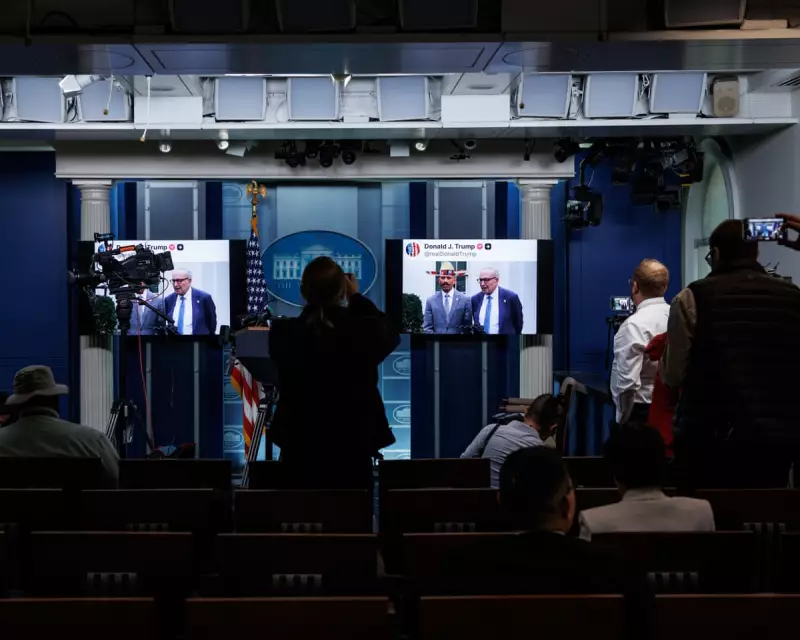
In a shocking development that has sent shockwaves through American politics, Donald Trump stands accused of disseminating a racially charged deepfake video targeting two of Washington's most prominent Democratic leaders.
The Controversial Video
The manipulated footage, which circulated widely across social media platforms, falsely depicts House Minority Leader Hakeem Jeffries and Senate Majority Leader Chuck Schumer using racial epithets and making inflammatory remarks. Digital forensic experts have confirmed the video contains sophisticated artificial intelligence manipulation designed to create maximum political damage.
Political Fallout Intensifies
The White House has condemned the video in the strongest possible terms, with Press Secretary Karine Jean-Pierre describing it as "a dangerous escalation in political warfare that threatens the very foundations of our democracy." Meanwhile, legal experts are debating whether the former president's actions could constitute criminal behaviour under evolving deepfake legislation.
Democratic Response
Congressman Jeffries didn't mince words when addressing the controversy, stating "This represents a new low in American politics. The deliberate use of AI technology to spread racist falsehoods is not just politically motivated—it's morally bankrupt."
Senator Schumer echoed these sentiments, emphasising the need for immediate congressional action to regulate political deepfakes before the November elections.
Broader Implications
This incident raises alarming questions about:
- The vulnerability of democratic processes to AI-powered disinformation
- The urgent need for comprehensive deepfake regulation
- The potential for foreign actors to exploit similar tactics
- The erosion of public trust in digital media
As investigations continue and political tensions escalate, this deepfake scandal threatens to become a defining issue in the upcoming presidential election, highlighting the dangerous intersection of artificial intelligence and political warfare.





